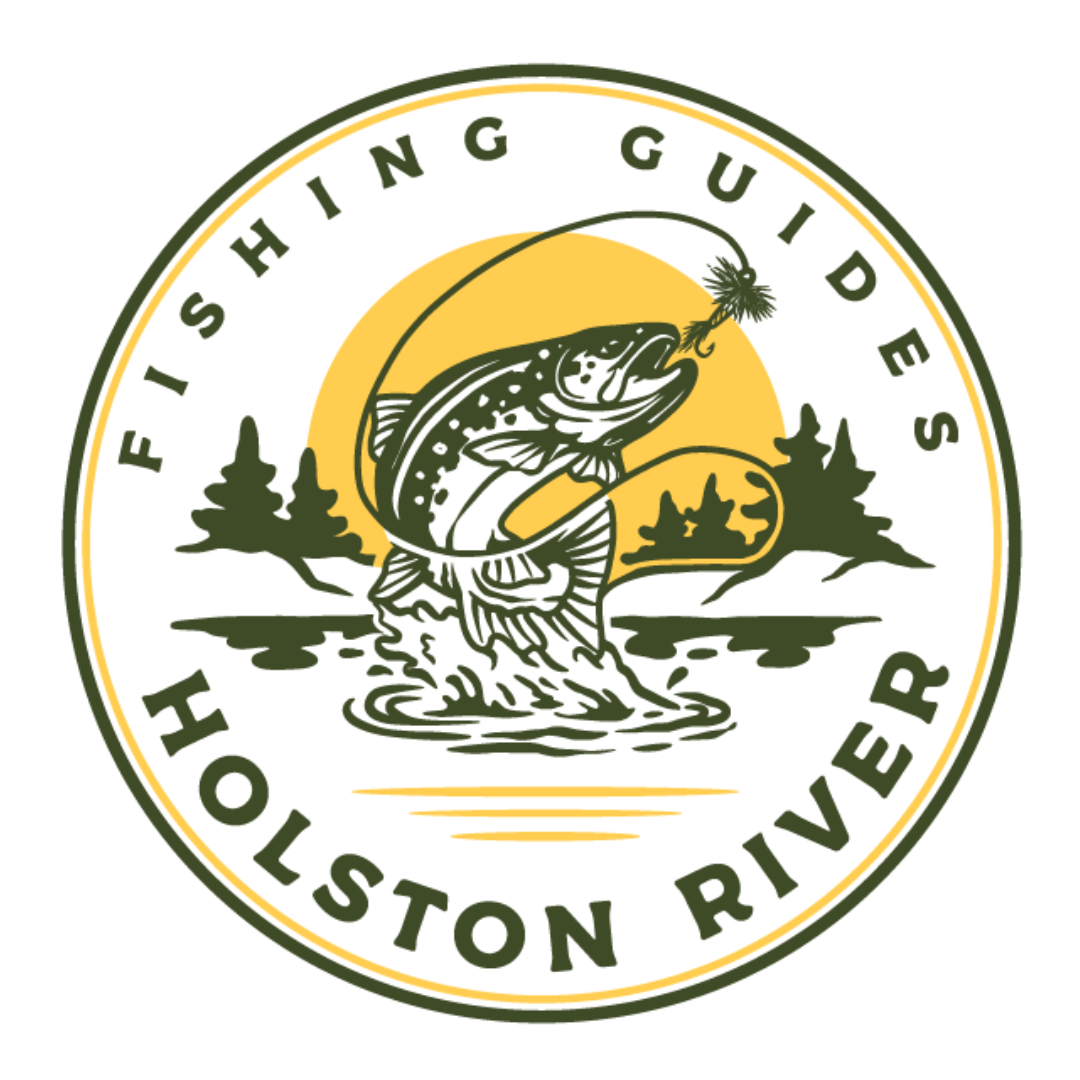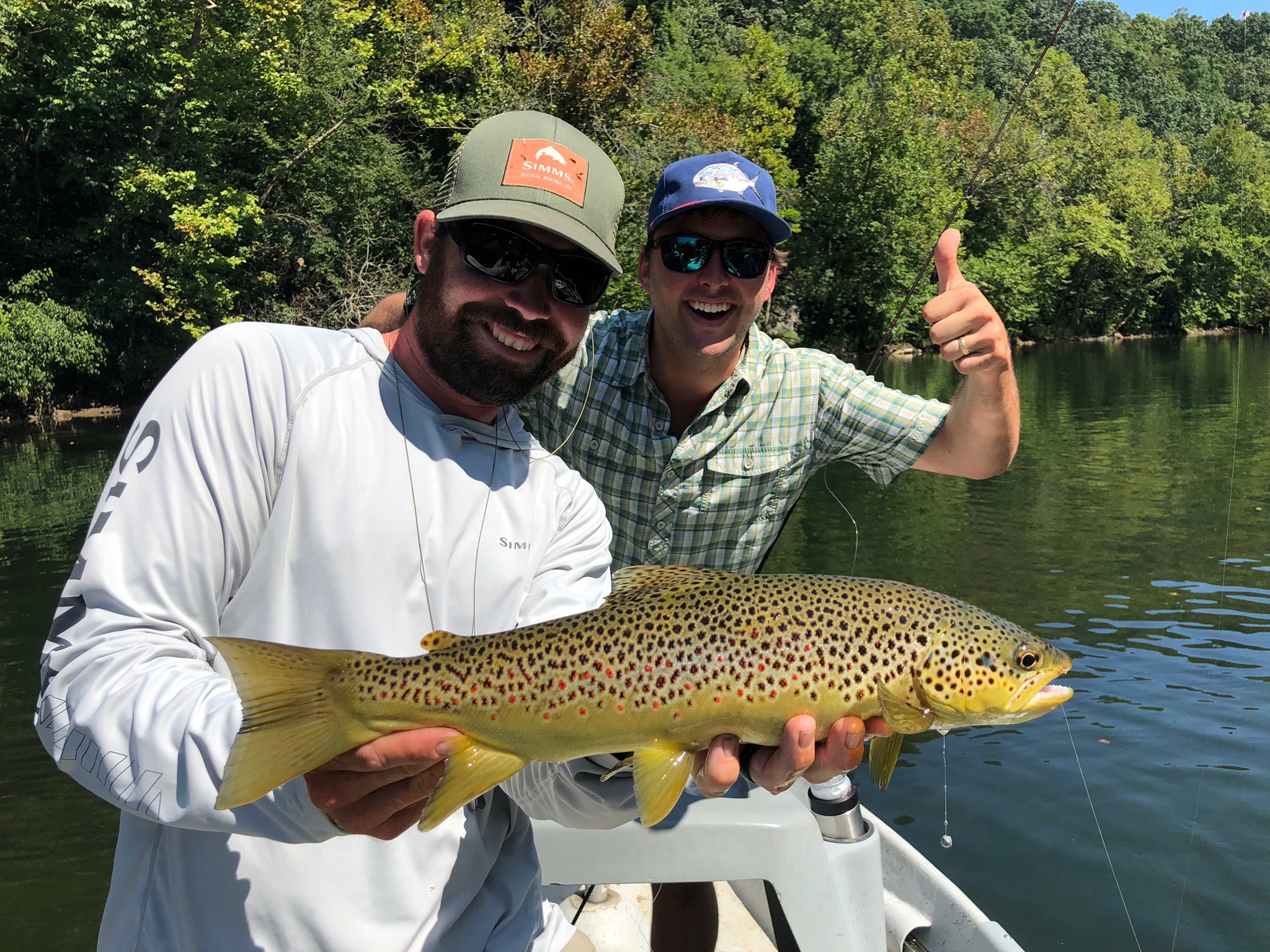The best time to fly fish the Watauga River for trout depends on various factors, including the season, weather conditions, and the specific preferences of individual anglers. However, there are some general guidelines that can help anglers plan their fly fishing trips on the Watauga River.
Get a general breakdown below or contact our team of guides for up to date Watauga River fishing reports.
Watauga By The Season
Spring (March to May):
Spring is often considered an excellent time for fly fishing on the Watauga River. Warmer temperatures lead to increased insect activity, triggering hatches that attract hungry trout. This season provides opportunities for dry fly fishing as insects like mayflies and caddisflies become more active.
Summer (June to August):
Early summer can still offer good fishing, but anglers may need to adapt their techniques as temperatures rise. During the warmer months, focusing on early mornings and late evenings can be productive. Nymphing and streamer fishing can also be effective during summer.
Fall (September to November):
Fall is another prime time for fly fishing on the Watauga River. As temperatures cool, trout become more active, and various insect hatches continue. Anglers can experience successful dry fly fishing, particularly during mayfly and caddisfly hatches. Additionally, streamer fishing can be productive as trout prepare for the winter months.
Winter (December to February):
Winter fly fishing on the Watauga River is possible, especially in the tailwater section where consistent cold water releases create a suitable habitat for trout. However, winter fishing requires anglers to adjust their expectations and techniques. Nymphing and deep water presentations may be more effective during the colder months.
Things To Consider
TVA Tailwater Generation Schedule:
Checking the TVA Tailwater generation schedule is crucial for optimizing fly fishing conditions. Understanding when water releases are planned can help anglers choose the right times to fish, considering factors such as water flow and wading conditions.
Flexibility and Adaptability:
Trout behavior can vary, and angler success depends on being adaptable. Being aware of insect activity, adjusting fly patterns accordingly, and experimenting with different techniques can contribute to a successful day on the water.
Ultimately, the best time to fly fish the Watauga River for trout may vary based on personal preferences and the type of fishing experience anglers seek. Regularly monitoring river conditions, staying informed about insect hatches, and being flexible in approach will enhance the overall fly fishing experience on this renowned river.



